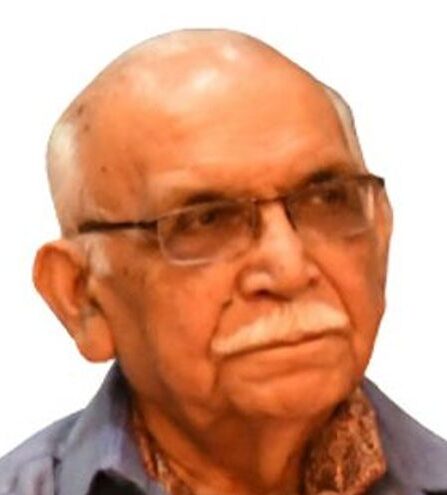“To open the mind, to correct it, to refine it, to enable it to know, and to digest, master, rule, and use its knowledge, to give it power over its own faculties, application, flexibility, method, critical exactness, sagacity, resource, address, eloquent expression...”
I recall having read, long years ago when I was still a student at college, an essay by Cardinal John Henry Newman, one of the towering intellects of 19th century England. It was part of our English language ‘syllabus’, and was excerpted from his seminal, and justly famous work, The Idea of a University.
At that time, we did not know fully the context in which the Cardinal was writing. He was arguing in fact, with eloquence and logic, the case for a Catholic University that was then being contemplated in Ireland, but there was something riveting about his words. They forced one to pause, and to reflect. That essay left a deep imprint upon my mind, as it obviously has upon that of countless others, for — a century and a half has passed — his name is still invoked in the counsels of the wise, and his ideas still reverted to.
The words that are cited above are Cardinal Newman’s and refer to his belief in what a university is not only meant to do but must be encouraged to accomplish. And the reason they come to my mind at this time is because the elevated thoughts they reflect stand in such contrast to the sorry state to which so many of our institutions of learning are gradually being reduced. Here, close to home, all those noble sentiments, those lofty ideals, seem such a distant and sad cry. Sheer survival seems to be at stake.
Just consider the news that keeps coming in, practically every day, of what is happening to our seats of higher learning. The Vice-Chancellor of Aligarh in Uttar Pradesh declines to continue because he is unable to withstand the pressures being brought to bear upon his work by violent student bodies; the Vice-Chancellor of the Punjab Agricultural University puts in his papers because he declines to carry out, as he publicly states, the ‘orders’ he received from the Chief Minister; a college teacher in Madhya Pradesh is first threatened and roughed up in public view, and then murdered by students.
At Chandigarh, groups of armed students keep clashing on the university campus, even if mercifully not that frequently. At Patiala, the working of the university is being disrupted day after day by ‘action committees’ formed with only one aim in mind: the ouster of a thinking Vice-Chancellor; a woman teacher files a report saying that she was manhandled by agitating, slogan-shouting students; accusations of all hue are being made, and fingers pointed. The list of institutions under stress keeps growing: the Punjab Technical University yesterday, one university in Haryana today, another tomorrow. And it is far from over yet. Obviously, something is wrong.
There can be room for improvement. There is also nothing wrong with introspection, nor with debate and discussion. Points of view can differ, and wrongs, if any, need to be righted. But here one cannot escape the feeling that much of what is happening has very little to do with real issues, certainly very little to do with academic issues. It is all about power and control: political power and bureaucratic control, it would seem.
How else does one explain the fact that each time a government changes, and another political party comes to power, clouds start gathering over institutions, and kites begin to circle ominously in the skies above? And how is it that after a limited objective has been achieved — the ouster of a head, the packing of a governing body, vested appointments, and the like —all interest in the institution comes suddenly to an end?
Why is it that each time the academic head of an institution is removed, a bureaucrat is sent in to occupy the chair that he or she had no interest in or no competence for? One knows that the autonomy of universities is a mere mirage conjured up by political powers whenever they find it convenient, or have to make high profile public statements, but must the truth of that ‘autonomy’ be exposed and thrust home in flagrant haste?
There is need to pause, and to reflect on these matters. And to step back. There can always be a case for discussion, even decision-making, but it must be done with calm detachment, in an atmosphere free of prejudice and shrillness. It needs to be remembered that universities are not built in a day but they can be wounded and damaged in a day. One should keep reminding oneself that the culture of the intellect that they stand for must command respect from all of us.
While saying this, I am tempted to go back to Cardinal Newman again. In one of his passages in The Idea of a University, this is what he said: “It is the place to which a thousand schools make contributions; in which the intellect may safely range and speculate, sure to find its equal in some antagonist activity, and its judge in the tribunal of truth. It is a place where inquiry is pushed forward, and discoveries verified and perfected, and rashness rendered innocuous, and error exposed, by the collision of mind with mind, and knowledge with knowledge.”
The collision of mind with mind, he said, not of mind with political power. Or of knowledge with rashness.
The writer is an eminent art historian
(This article was published on 29 April 2001)









